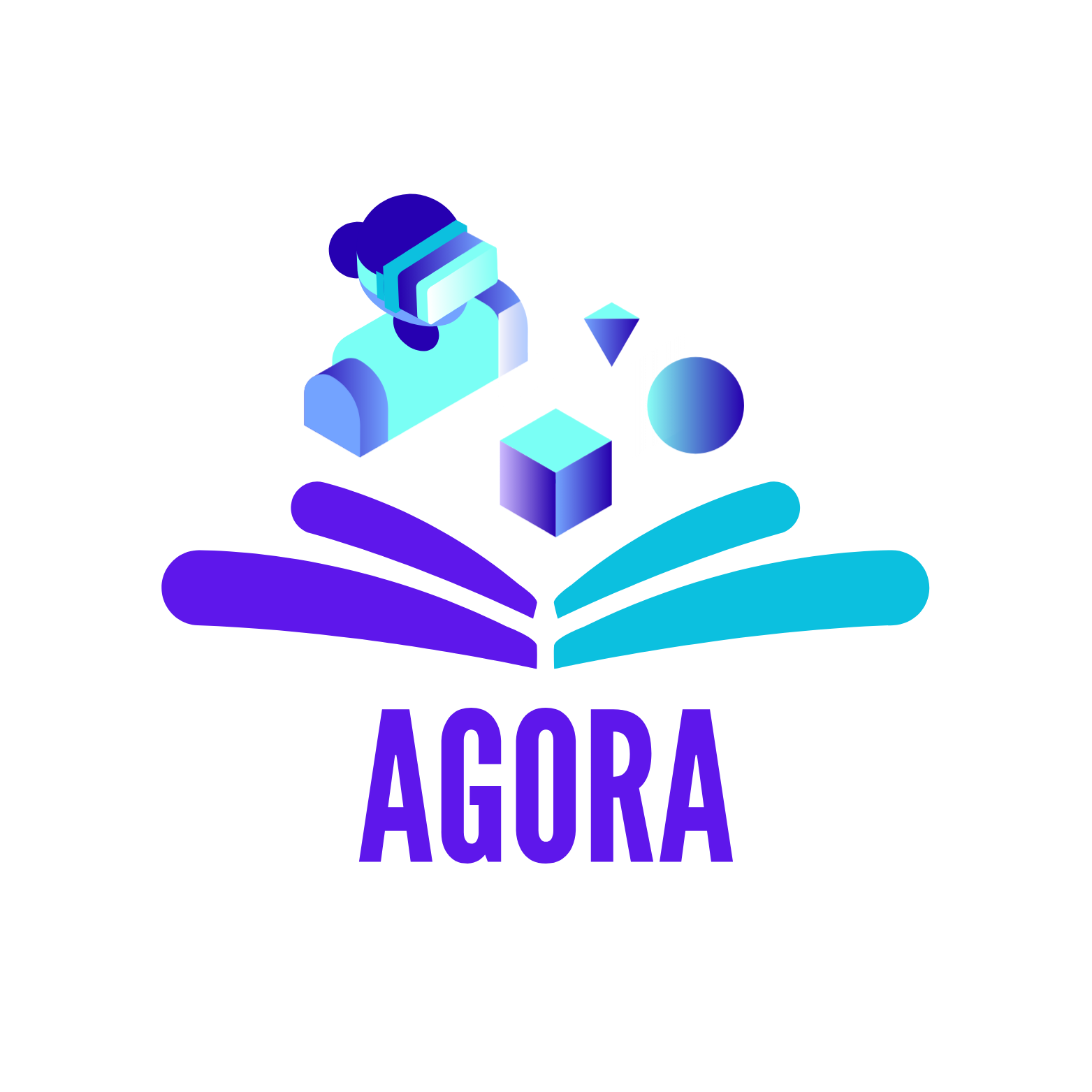AGORA doctoral candidate Myrto DIMITRIOU is investigating how the Metaverse redefines work, collaboration, and productivity in the virtual world. She demonstrates how the workplace has evolved from rigid office spaces to flexible, remote environments. The COVID-19 pandemic accelerated this shift, sparking interest in the Metaverse as a potential new workplace. No longer bound by physical offices, employees and organizations are exploring immersive, interactive, and accessible virtual workspaces that redefine productivity, collaboration, and professional life.
The Metaverse offers a three-dimensional, multisensory experience, unlike traditional remote work tools. Employees engage through avatars, interact in customizable virtual offices, and benefit from enhanced presence and connectivity. This shift transforms work from fixed, physical structures to adaptive, globally interconnected environments. Built on AR, VR, and blockchain, the Metaverse enables fully immersive meetings, interactive training simulations, and AI-powered collaboration. Companies can access a global talent pool, cut costs, and test strategies in virtual spaces before real-world implementation. AI assistants and digital twins further streamline operations.
However, challenges remain. The blurring of work-life boundaries, digital fatigue, and social isolation raise concerns about employee well-being. Security risks, access limitations, and ethical issues such as privacy, digital surveillance, and inclusivity—must be addressed for sustainable adoption. Despite these obstacles, the Metaverse presents a unique opportunity to reshape work culture. Businesses must prioritize employee engagement, team cohesion, and mental health while leveraging technological advancements. Research should extend beyond infrastructure to explore its impact on organizational culture and human interactions.
With walls and time zones no longer barriers, the Metaverse is redefining presence, productivity, and digital connectivity. Whether it becomes the standard workplace or a complementary tool, one thing is clear: the future of work will never be the same.
